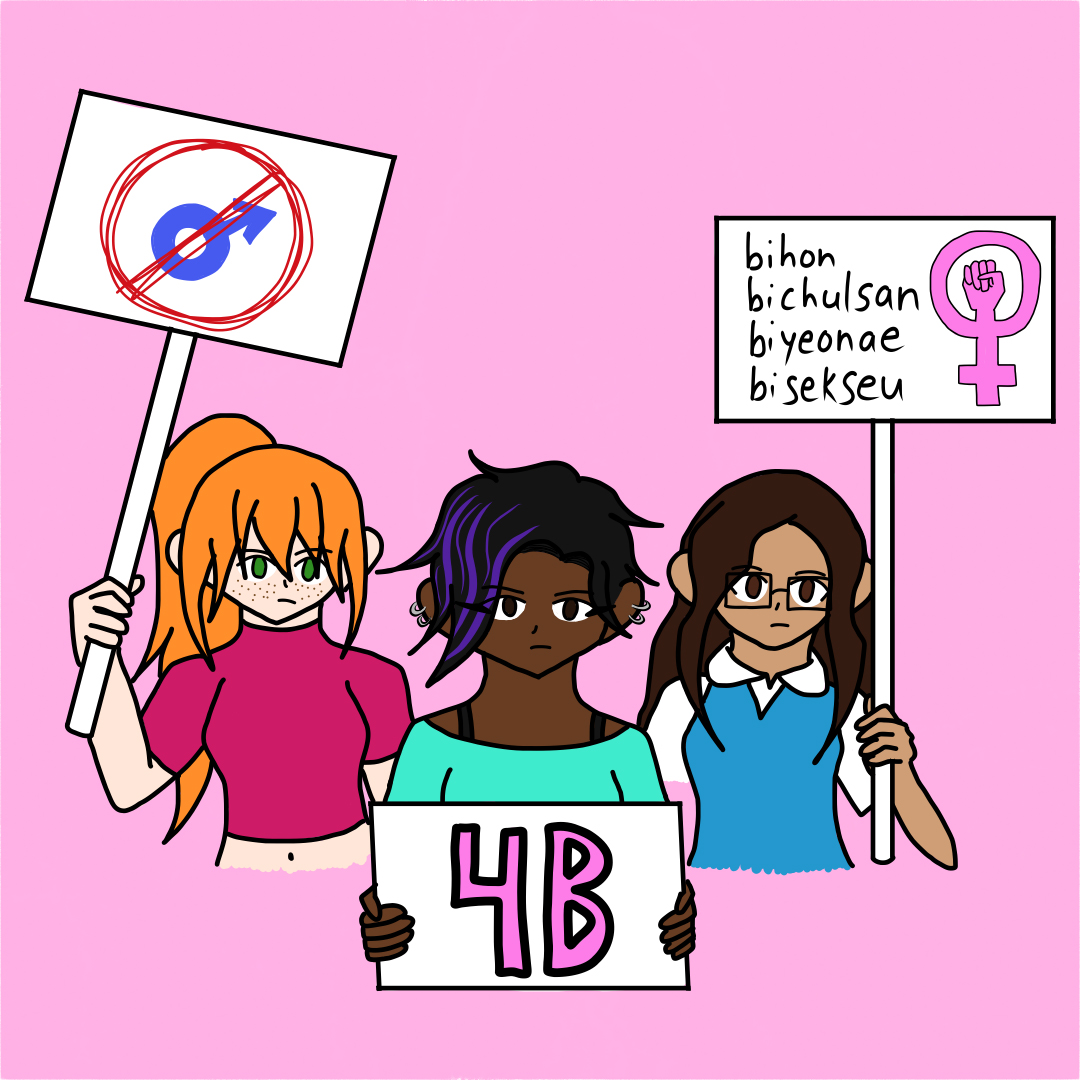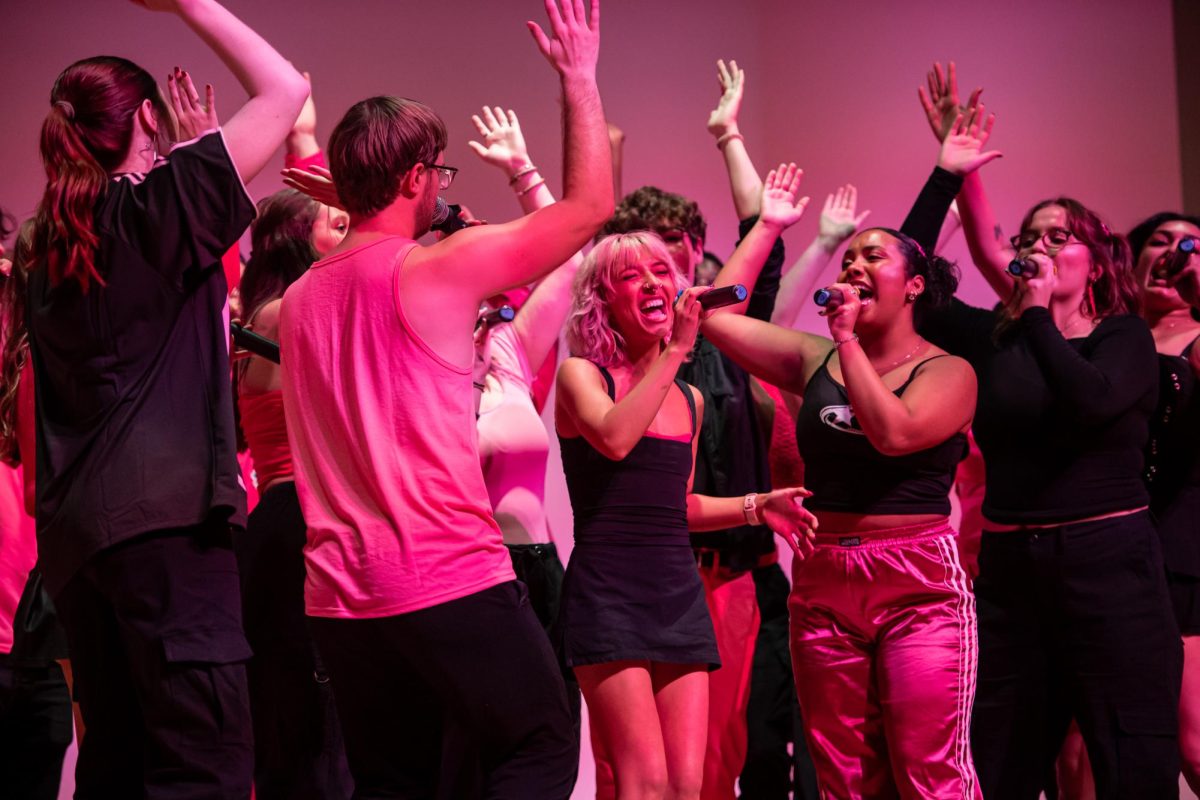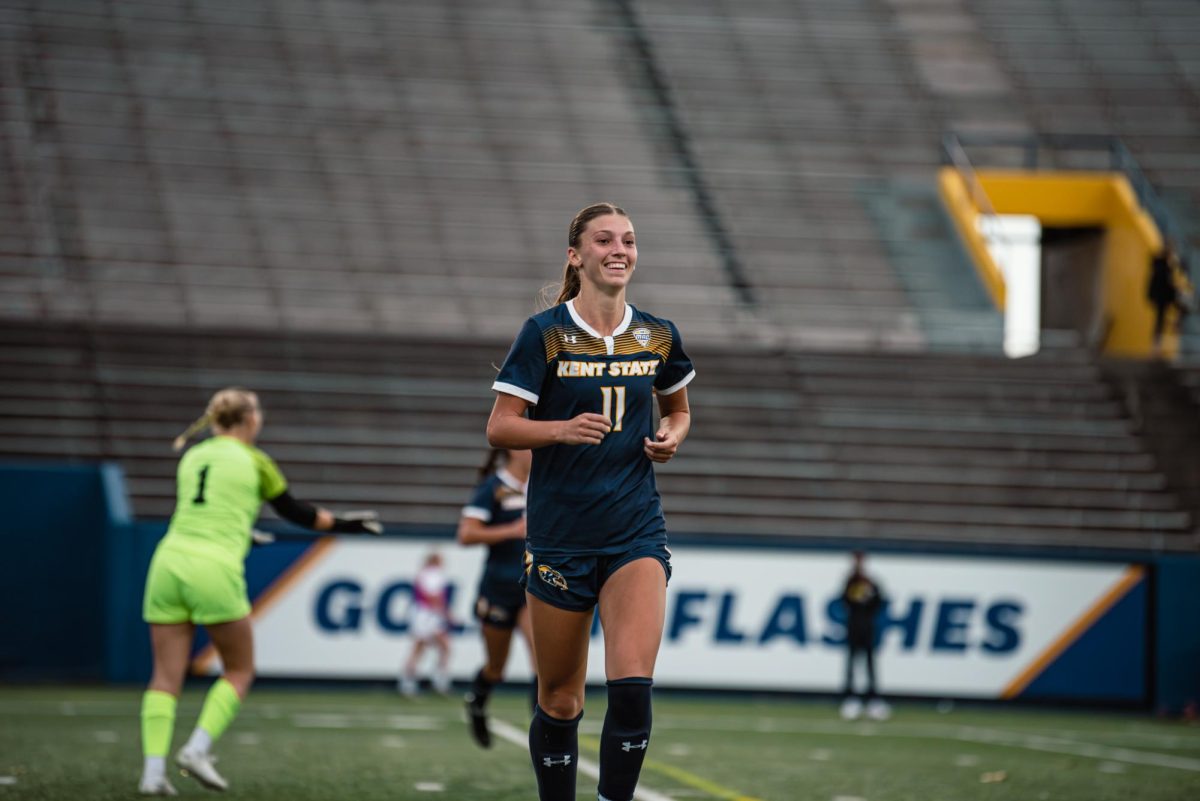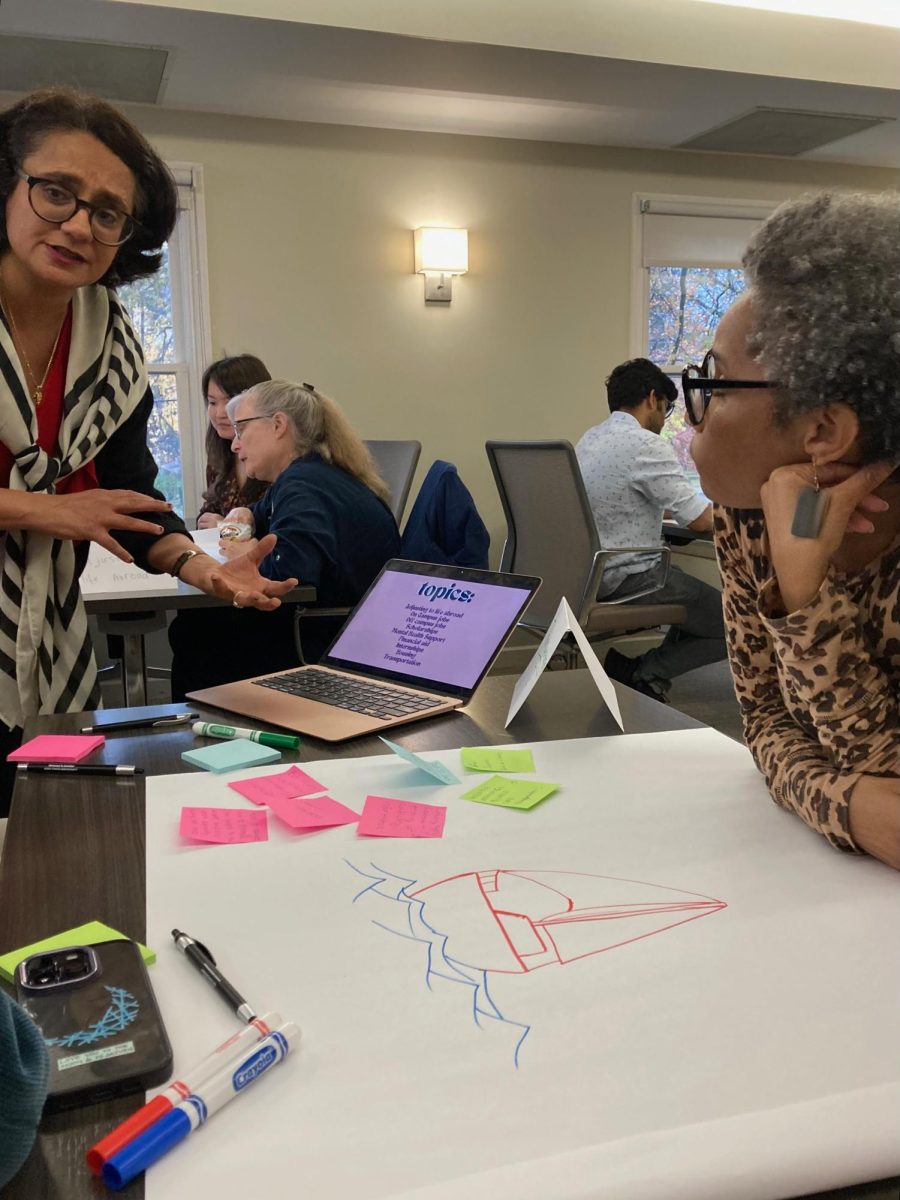After the 2024 Presidential Election, Molly Acquard, a senior fashion design major, said she felt the seven stages of grief, but once her anger settled, she wanted to create change.
“There’s anger, there’s sadness, and … you’re just mad at the world, and you want to do something about it,” Acquard said.
For many like Acquard, who felt an urge to create an impact, they decided to join 4B, a South Korean feminist movement rejecting heterosexual dating, marriage, sex and childbirth.
The four Bs: bihon, refusal of heterosexual marriage; bichulsan, refusal of childbirth; biyeonae, refusal of dating men; and bisekseu, rejecting heterosexual relationships, aim to help women gain more control over their bodies.
With the re-election of President-elect Donald Trump, many feel reproductive rights, like abortion, will be challenged during his presidency, and with “your body, my choice” trending on social media, women feel the need to assert the rights they have over their bodies.
During Suzanne Holt’s Arenas for Feminist Thought class, women’s studies coordinator and professor Holt said the movement’s power comes from it being a “felt reality.”
“If you’ve been someone or your money has been something or your patronage or your warm body has been something, and you withdraw it, that’s felt,” she said. “Collectively it will be felt.”
Aislinn Foran, a senior applied communications major, said she chose to take part in 4B because it serves as a “wake-up call” for men.
“It just kind of shows people that we can’t live without women,” she said. “I think seeing stuff like that go down because women are standing up for themselves will hopefully be a wake-up call for a lot of men.”
As a “felt reality” and a “wake-up call” for men, 4B serves as a way for women to gain respect and assert their right to say no, Holt said.
Acquard supports the movement’s mission of helping women gain societal respect but is hesitant to participate because of family pressure.
“You always get that pressure on you like, ‘So, do you have a boyfriend yet?’ or ‘Any sort of relationship at all yet?’” she said.
Many doubt if 4B will last in America because of its societal differences compared to Korea. For example, hookup culture is more prevalent in America with 60-80% of college students having experienced a “hookup,” according to the American Psychology Association.
Since hookup culture can empower women by allowing them to explore their sexuality, Foran said she believes women following 4B can still take part.
“A lot of hookup culture, it’s mostly pleasing toward the men,” she said. “Making sure who you’re hooking up with is also making sure you’re having your own pleasure, enjoying the act and that they respect you.”
Riley Hudson, a senior communication major, agreed 4B does not have to be followed strictly because being critical of others’ choices can cause the movement to lose its focus on female solidarity.
“That’s where we turn on each other, that’s where it’s more of a ‘What’s wrong with 4B?,’ and it can spiral and snowball into … more stereotypes being projected by women which can be dangerous,” she said.
Holt said women are often judged for their decisions, do not have the opportunity to explain their choices and have the right to make mistakes to learn.
“There’s nothing that a woman can say or do that won’t be challenged, that won’t be critiqued,” she said.
During Holt’s class discussion, a student discussed how the 4B movement functions like a boycott. Holt added that boycotts are usually not the only method used to accomplish goals.
“That alone never accomplishes the bigger goal, but it’s a part of an arsenal of strategies,” Holt said. “I think there is a commonality between boycotts and strikes … the thought of that one path reaching the intended goal is pretty far-fetched.”
With this in mind, those like Acquard who are not taking part in 4B but still want to create change are mindful of who they have relationships with.
“A lot of men … they need to be needed in a way, so when they see a woman who’s completely independent, who they know doesn’t need them, it scares them,” she said. “They know one wrong move, and they’re gone … because one wrong I’m not going to keep that negativity in my life.”
Adriana Gasiewski is a reporter. Contact her at [email protected].










